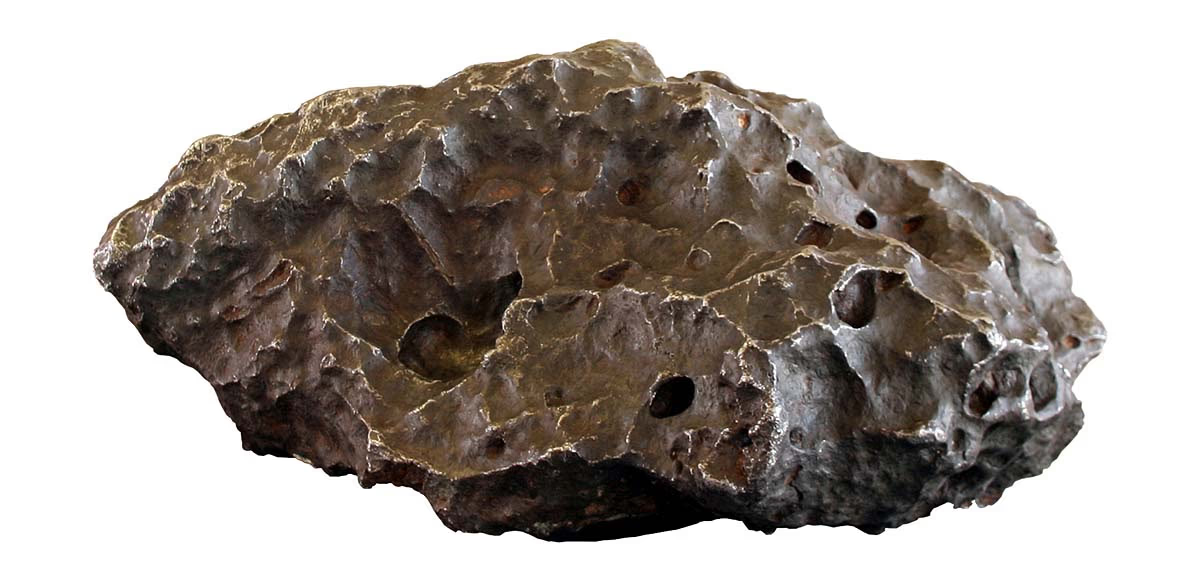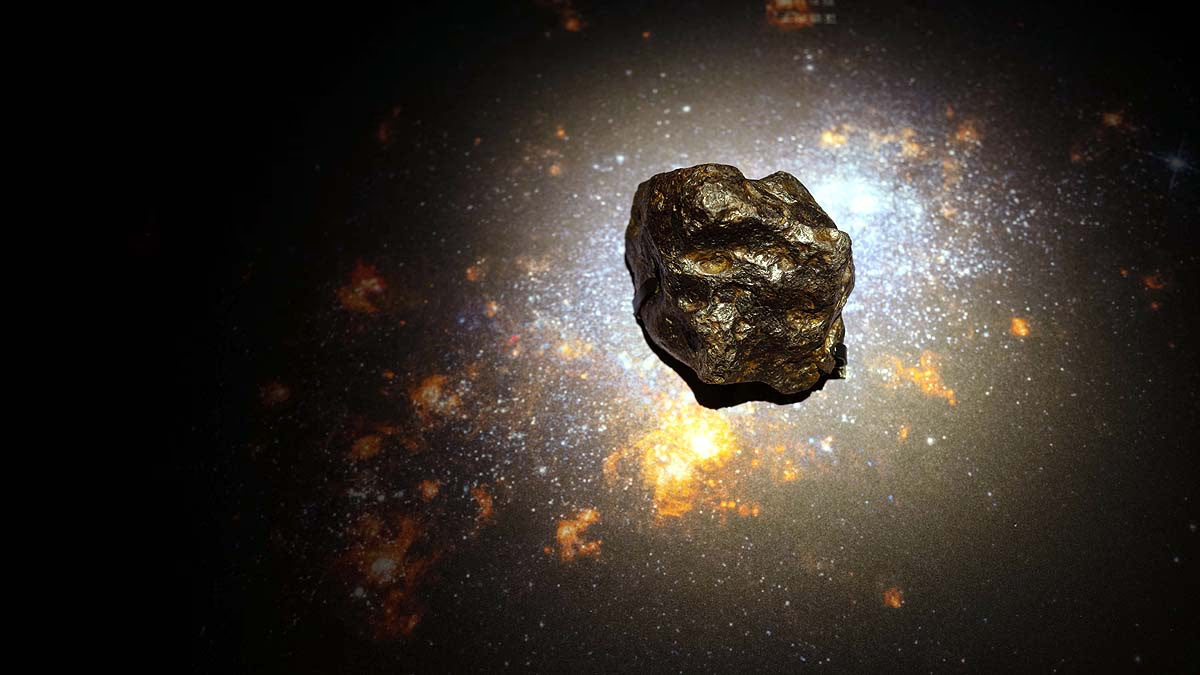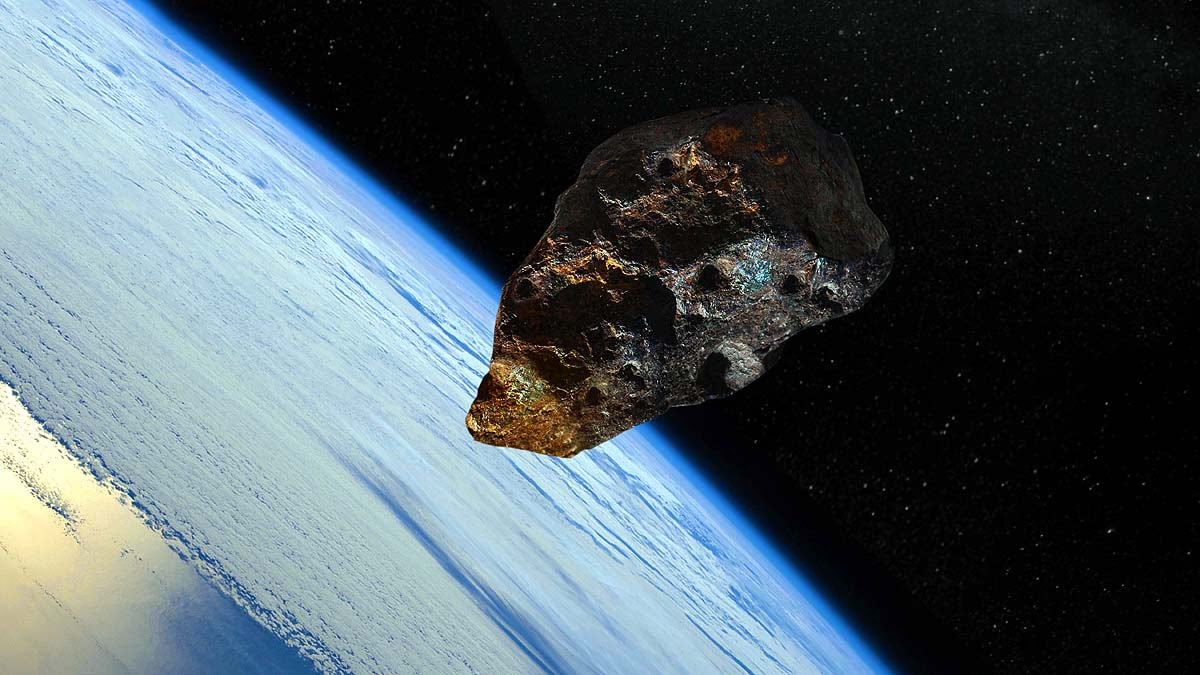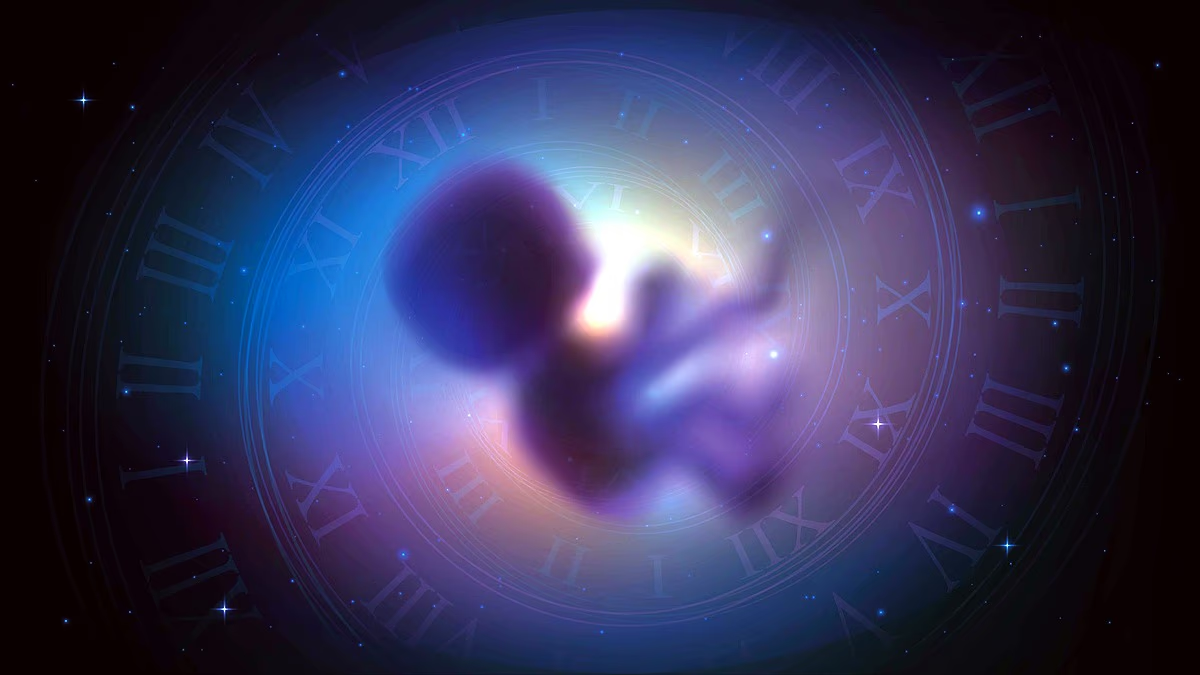How did life begin on Earth? This question has puzzled scientists for centuries. Now, a groundbreaking discovery by NASA and Japan's space agency breathes new life into an old theory.
This theory suggests that life didn't originate on Earth but came from space, known as Panspermia.
In January 2025, evidence from a 20-billion-year-old Bennu asteroid rock, brought back by the OSIRIS-REX mission, supports this idea. It contains 14 out of 20 essential amino acids used by Earth's life forms. Precursor chemicals for DNA and RNA were also found.
Bennu is a carbon-rich asteroid, a relic from the solar system's formation when the sun and planets were forming. NASA's OSIRIS-REX mission reached Bennu in 2020 and brought back small rock samples (about 121 grams) in 2023. These samples were sealed inside Bennu, predating even Earth's formation, making them 20 billion years old.

Source: aajtak
Scientists examined them and found 14 of the 20 amino acids. Amino acids are the building blocks of proteins, fundamental to life. The precursor chemicals for DNA and RNA, which form genetic code, were also detected, seemingly untouched by contamination. This discovery was confirmed in January 2025. Scientists assert that asteroids like Bennu sowed the seeds of life.
Panspermia, meaning 'seed from everywhere,' suggests that the raw materials for life, like amino acids and organic compounds, came from space and were delivered by comets or asteroids to Earth.
Imagine:
As Earth cooled from its fiery birth, comets and asteroids rich in stable organic chemicals struck it. These collisions planted chemical seeds that eventually evolved into complex life.
This theory doesn't require living organisms, just resilient molecules capable of sparking life on any habitable world. Bennu's rock strengthens this notion.

Source: aajtak
Previously scientists were skeptical:
Could delicate chemicals survive the harshness of space, atmospheric friction, or the heat of impact? But lab tests and missions like OSIRIS-REX proved that many chemicals could endure.
Critics long dismissed the idea of life coming from space as impossible. Yet now the evidence is mounting. The amino acids found in Bennu's rock resemble those of Earthly life. Protected inside Bennu, these chemicals avoided external contamination, confirmed through spectroscopy and other tests.
Science indicates that the tools for life could be scattered throughout the universe. If an asteroid like Bennu brought life's toolkit, this process could extend to other planets, aiding in the search for life on Mars, Europa, or Titan.

Source: aajtak
This theory posits:
Life didn't start here but was assembled here, imported from space. Imagine, amino acids in our cells arriving from a different corner of the cosmos. The idea is thrilling, but scientists stress it's still a theory and requires more evidence.
NASA and Japan's agency are now examining more samples. Future missions with tools like the Hubble or James Webb telescope will bring more data. If Panspermia proves right, it shows life isn't a solitary phenomenon but a universal norm.




